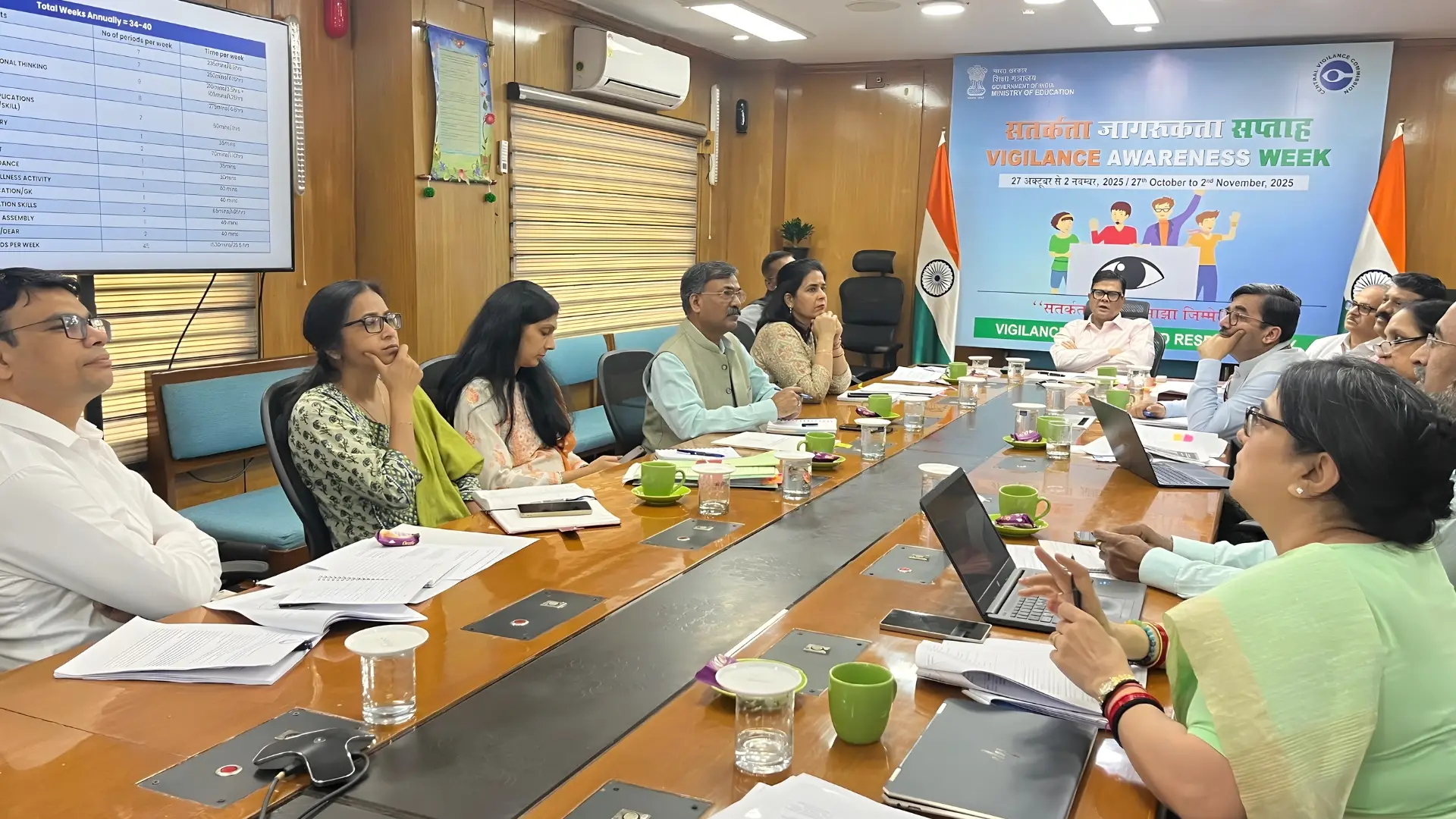McDonald’s has marked a significant milestone in its global operations by launching its largest Global Capability Centre (GCC) outside the United States in Hyderabad’s HITEC City. The inauguration, attended by top Telangana officials, notably Deputy Chief Minister Mallu Bhatti Vikramarka and IT & Industries Minister D. Sridhar Babu, further cements Hyderabad’s reputation as a leading destination for multinational business, technology, and innovation hubs.
Spanning 1.56 lakh square feet over four floors at RMZ Nexity, the Hyderabad GCC stands not only as McDonald’s biggest office outside its Chicago headquarters, but also as its first such centre in India. Equipped with modern amenities and collaboration zones, the office is designed to accommodate up to 1,500 employees, focusing on high-performance, technology-enabled operations. Key functional areas include technology, data analytics, finance, human resources, and AI, creating direct opportunities for over 1,200 highly skilled professionals.
The Hyderabad hub will serve as a nerve centre for McDonald’s enterprise operations, supporting 43,000 restaurants and 65 million customers globally. Beyond direct hiring, the GCC is expected to stimulate the regional economy, positively impacting allied sectors such as commercial real estate, logistics, and services.
Hyderabad’s fast rise as a preferred GCC destination is highlighted by recent industry reports indicating it has overtaken Bengaluru in new GCC launches, accounting for 40% of all new centres established in India over the past three years. The city’s ability to attract leading global enterprises illustrates its operational excellence, robust infrastructure, and deep talent pool.
McDonald’s investment reflects a broader commitment to India’s strategic role in digital transformation and innovation, underscoring the country’s growing influence in shaping global corporate strategy. The move positions Hyderabad as an essential hub for the brand’s future-facing business functions.
Also Read: Center for AI Safety study reveals AI struggles with complex remote work, completing Less than 3%










